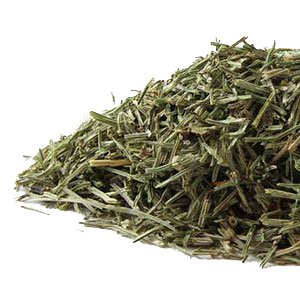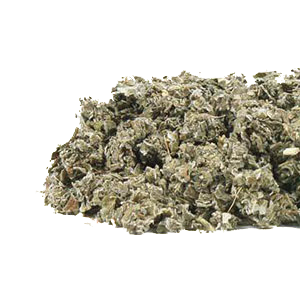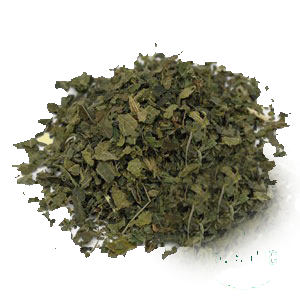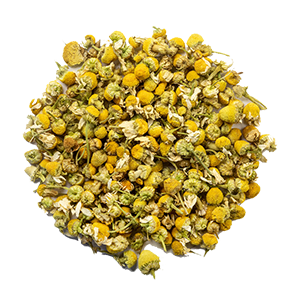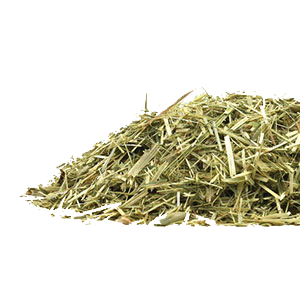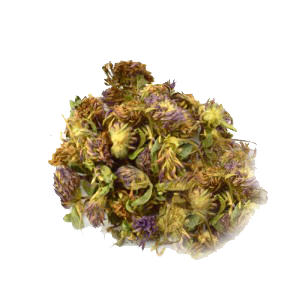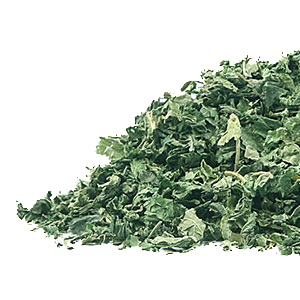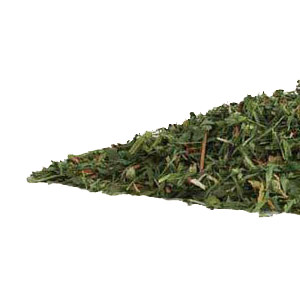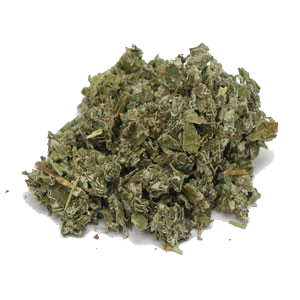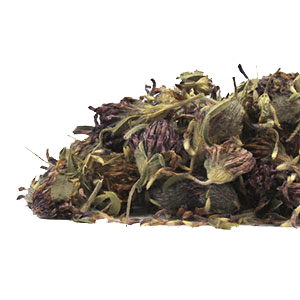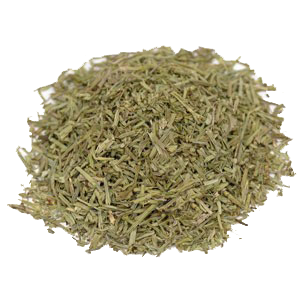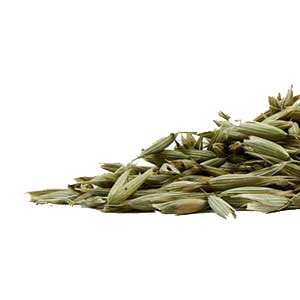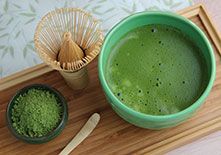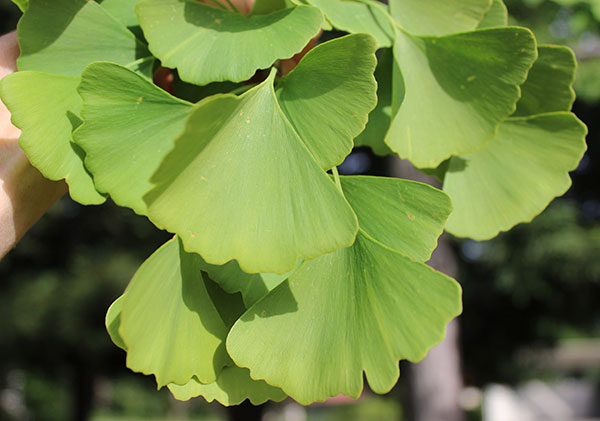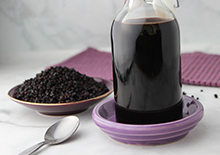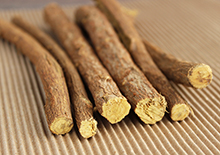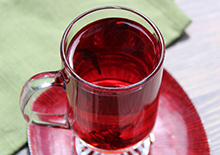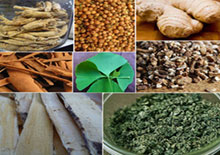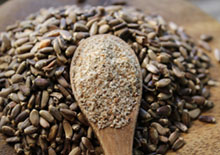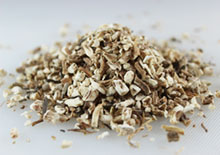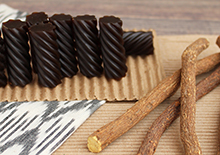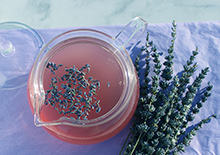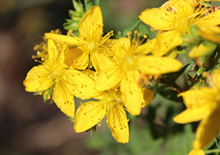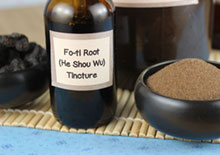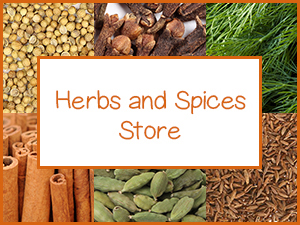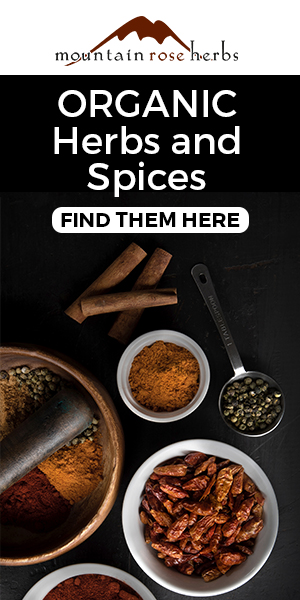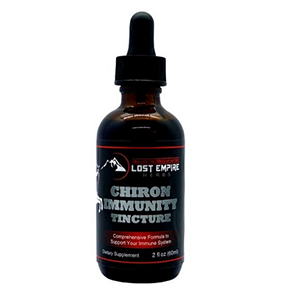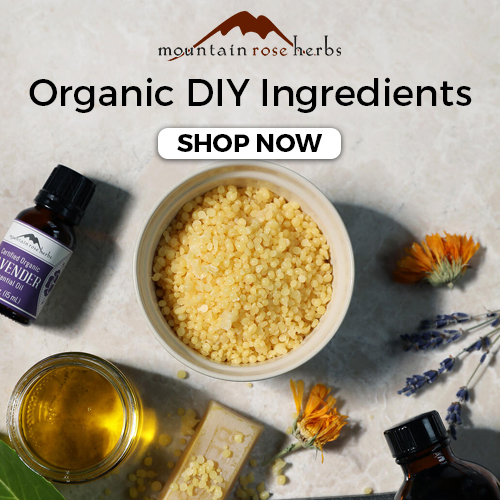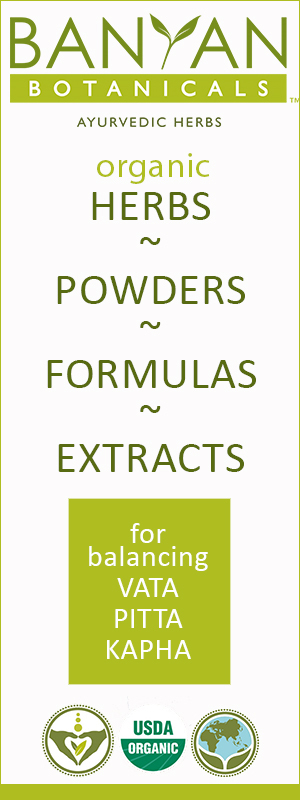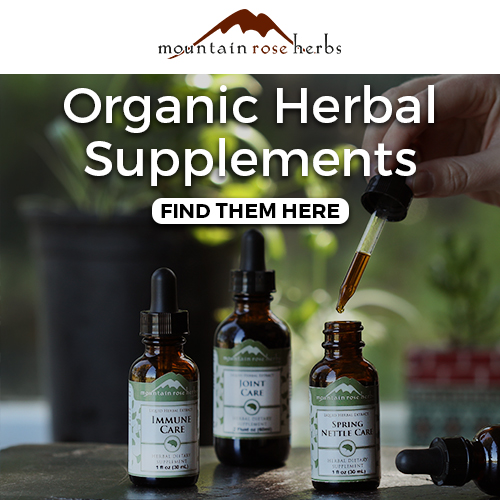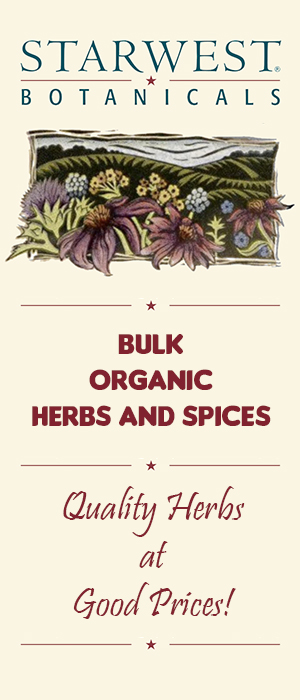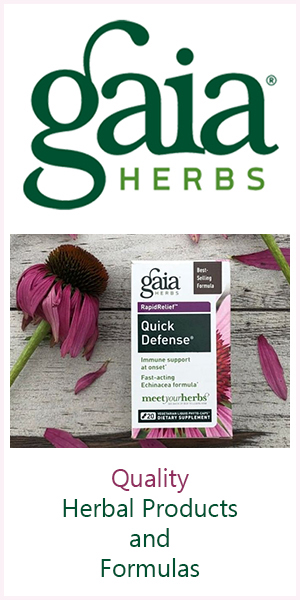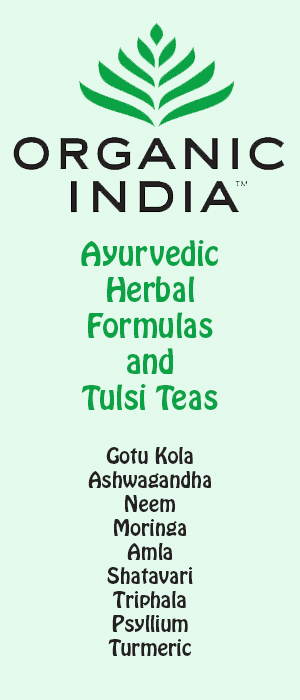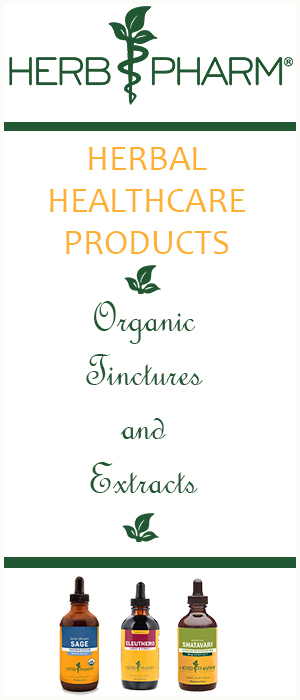- Home
- List of Herbs
- Nutritive Herbal Tea
Nutritive Herbal Tea Infusions for Vitamin-Mineral Fortification
What are Nutritive Herbs? | How to Prepare | Using Nutritive Herbs in Tea Formulas | 2 General Benefits | Top 7 List of Herbs | Using Quality Herbs | How to Use | Shop
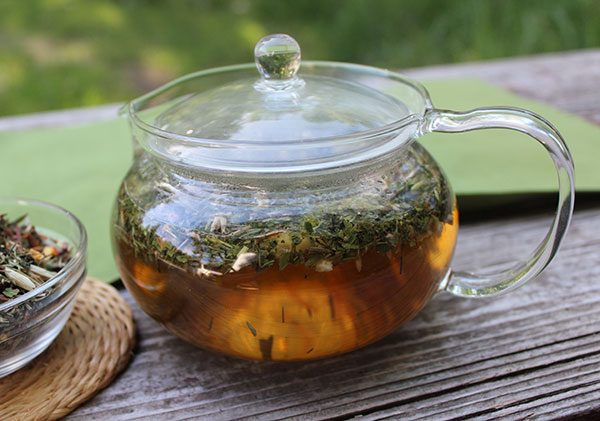
Nutritive herbs are a class of herbs that are known for their high amounts of minerals, trace minerals and certain vitamins. When these plant materials are infused in hot water, they naturally provide a nutritious broth-like liquid that is easy to digest and assimilate.
These are varieties that can be utilized in a number of different ways in nutritive herbal tea formulas or as secondary ingredients blended with other roots, barks and tonic herb decoctions.
Here on this page, we discuss the concept of crafting your own homemade tea infusions using the different herbs we list below to gently nourish, remineralize and nutritionally hydrate the body.
Table of Contents
What are Nutritive Herbs? | How to Prepare | Using Nutritive Herbs in Tea Formulas | 2 General Benefits | Top 7 List of Herbs | Using Quality Herbs | How to Use | Shop
While it is sometimes possible to find pre-mixed nutritive blends in bulk, we tend to avoid packaged tea bag products simply because they are not as medicinally potent and typically contain very little herb per tea bag serving. It is far better, in our opinion, to prepare your own using high quality herbs with the added option to tailor the ingredient proportions to your own personal preferences and health goals.
Nutritive herbs, as the name implies, are "nutrient dense" and can be a relatively affordable way to supplement the diet, especially when herbs are purchased in bulk quantities.
The herbs on our list include those that tend to concentrate more nutrients from the soils in which they grow. Our top favorite herbal varieties are nettle, wild oats, horsetail, red clover, red raspberry leaf, chamomile and alfalfa leaf.
Any of these herbs can be used individually or can be combined in preparations to create a highly nutritious tea concoction.
As a delicious alternative to supplemental pills or capsules, teas can also be a more effective way to receive essential nutrients the body requires for optimal well-being.
Nutritive herbal teas efficiently transport an immediate influx of vital nutritional components in a concentrated manner. These formulas often incorporate activating spices, like cinnamon, orange peel, ginger or peppermint, which act as a delivery vehicle as well as flavor enhancer.
They are very rejuvenating for depleted and malnourished individuals. And, in most cases of dietary insufficiency, a compromised digestive system is also an issue. Teas make it much easier for the body to take in these essential nutrients as they can be readily assimilated without having to completely engage digestive functions.
These types of nutritive herbal tea infusions are very hydrating to the tissues, alkalizing to the body pH and are some of the most nourishing liquids for pregnant and menopausal women.
Prepared in advance, as a quart or gallon of tea, they can be enjoyed cold, heated or incorporated into any blended drink or food where a liquid ingredient is required.
How to Prepare Nutritive Herbal Tea
To release the beneficial components out of your herbs it is necessary to infuse them in hot water to make them more bioavailable when consumed. This is accomplished by making an herbal tea infusion, or also referred to as a "tisane." This is the process of submerging herbs in boiling hot water and allowing them to steep for at least 20 minutes or longer, depending on the herb.
This is best achieved by using glass jars or teapots and applying a loose fitting lid. This procedure extracts the easily rendered minerals, vitamins, mucilage and oils from the leaves, stems and flowers.
When nutritive herbs are steeped in hot water in a jar or pot with a lid, their therapeutic compounds "infuse" into the surrounding liquid. This commonly turns the water a golden, green or dark brown color. The herbs can be strained out after at least 20-30 minutes of steeping time.
For herbal tea preparations that are made in advance, it is best to leave the plant material in the tea and strain right before use. This will help to preserve the tea for a longer amount of time.
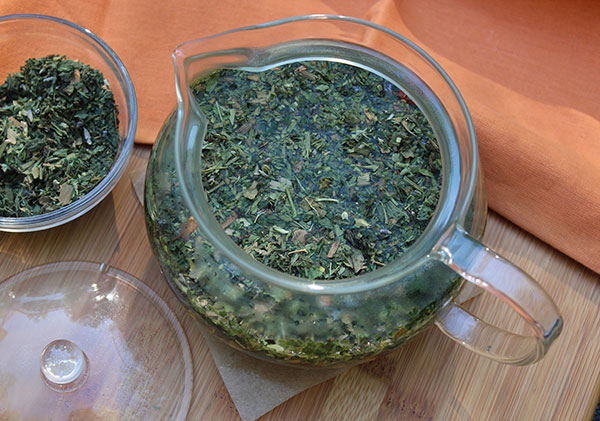
Using Nutritive Herbs in Tea Formulas
Herbal tea formulations using nutritive herbs are quite simple to create once you have the bulk herbs sitting in front of you. Generally, you will be using between 3-5 tablespoons of dried herb per quart of water.
The different proportion of each herb used varies to some degree on specific individual situations, taste preferences and health objectives.
The technique commonly employed by professional herbalists, when creating personalized herbal tea blends, is to divide the formulation into 3 categories:
- Primary herbs
- Supportive herbs
- Activating herbs (also called catalysts)
This basically ensures "herbal synergy" and a well-balanced tea, but it is not absolutely required.
Primary
herbs are the specific herbs incorporated and are generally used in
greater amounts. Supportive herbs are the less specific but offer
secondary support. They are roughly half the amount of the primary
herbs. The activating herbs, or catalysts, can be herbal stimulants but are most often from the overlapping category of herbal spices,
like cinnamon, orange peel, peppermint, coriander, fennel and ginger.
These herbs not only enhance taste but also help to transport the
primary and supportive herbs, assisting in their assimilation.
It is not necessary, however, to know advanced herbalism when making your own herbal tea recipes. Using your intuitive sense is just as important, if not more so, as using logic and technique.
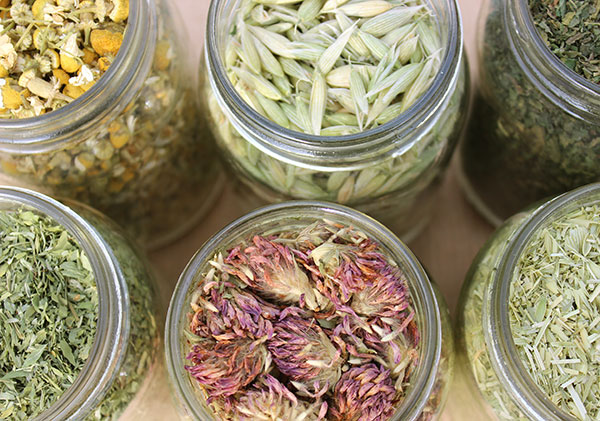
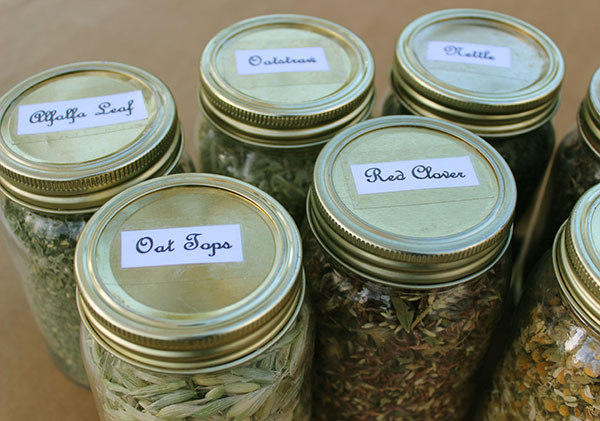
2 General Nutritive Herbal Tea Benefits
1) Liquid Vitamin-Mineral Supplement
2) Alkalizing to the Body pH
1) Liquid Vitamin-Mineral Supplement
Nutritive herbal tea is a liquid food supplement that has a nurturing and energizing effect on the body because of its concentrated source of vitamins and minerals.
These herbs, when made as a tea, strengthen, nourish and enliven the whole body through their supply of powerful plant nutrition. Providing minerals such as calcium, silica, magnesium, zinc and iron as well as B vitamins, vitamin C and vitamin K, they can help to strengthen muscle, bones and joints.
While we also promote the use of vitamin and mineral supplementation using compressed whole food extracts, liquid tea broths are another viable option and often considerably easier to absorb as they move through the body.
Teas are a great way to provide added nutritional support that you might not be getting from your current diet. Created directly from fresh or dried herbs, integrating teas into one's daily diet regime serves to make up for missing dietary nutrients.
It is always a good idea to get periodically tested a few times a year for vitamin and mineral deficiencies This will help you to prevent potential health related issues by learning which specific nutrients you may need more or less of.
Most people, on average, are severely deficient in certain vitamins and minerals due to poor food choices or lifestyle habits.
Even when eating a relatively healthy
diet, you need to make sure the whole foods you consume are coming from nutrient-rich soils. Unsustainable farming methods are known to degrade soil quality, which in effect depletes nutrition available in the food crop itself.
2) Alkalizing to the Body pH
Most all nutritive herbal substances are very alkalizing to body pH and are helpful for neutralizing acidic conditions or acidosis associated with inflammation and many related health issues. These alkalizing properties can significantly help to counteract the effects of eating an acid-based diet high in processed foods, animal products, caffeinated drinks and high glycemic sugars. Over time acidic diets compromise health and leach minerals from the bones and tissues in order to maintain optimal blood alkalinity.
The minerals in foods like leafy green vegetables, green juices, green powders, seaweeds as well as nutritive herbal tea infusions help to balance the effects of an overly acidic diet and the impacts it can have on overall health over time. Some of these implications may involve conditions like arthritis, kidney stones, gout, psoriasis, migraines and osteoporosis.
Top 7 List of Herbs for Nutritive Herbal Teas
1) Nettle Leaf
2) Oat Tops or Oatstraw
3) Horsetail
4) Alfalfa Leaf
5) Red Clover Blossoms
6) Raspberry Leaf
7) Chamomile Flowers
1) Nettle Leaf
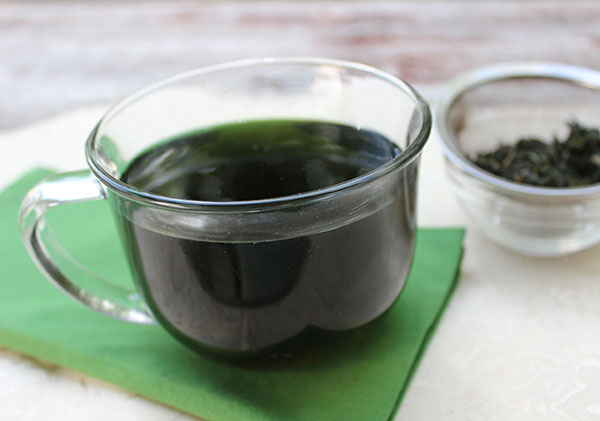
Nettles are a powerful herb, food source and natural plant-based multivitamin. The leaves high concentration of nutrients are easily assimilated as a tea infusion, providing a wealth of liquid nourishment that has energizing effects on many bodily systems. Nettle teas are a rejuvenating restorative tonic for malnourished, depleted, anemic or excessively weak individuals.
The common stinging nettle plant (Urtica dioica) has been valued for centuries as a nutritious tea with unique plant compounds that are supportive to adrenal, bladder and kidney functions.
Acting as both a diuretic and lymphagogue, alkalizing nettle-rich broths are cleansing to both the urinary and lymph systems and helpful for alleviating conditions like hyperuricemia, gout and metabolic acidosis.
When nettle leaves are infused in hot water they turn a dark brown-green color which is full of highly absorbable vitamins and minerals, like iron, calcium, potassium, magnesium, B vitamins, vitamin C and vitamin K. Nettle leaves are also found to contain many phenolic compounds and flavonoids, silicic, folic and pantothenic acids in addition to lecithin and carotenoids like lutein and beta-carotene. (Source)
According to some reviewed research it has been shown that nettle contains "polysaccharides, vitamin C and carotene, beta-sitosterol, and the flavonoids quercetin, rutin, kaempferol, and beta-sitosterol."
Nettle leaf teas help to strengthen the hair, clarify the skin, prevent anemia and are fortifying to the bones and connective tissue. It is a fantastic nutritive herb for normalizing female menstrual cycles, alleviating menopausal symptoms and a very nourishing tea to consume when pregnant or breast feeding. (More on Virtues of Stinging Nettle)
2) Oat Tops or Oatstraw
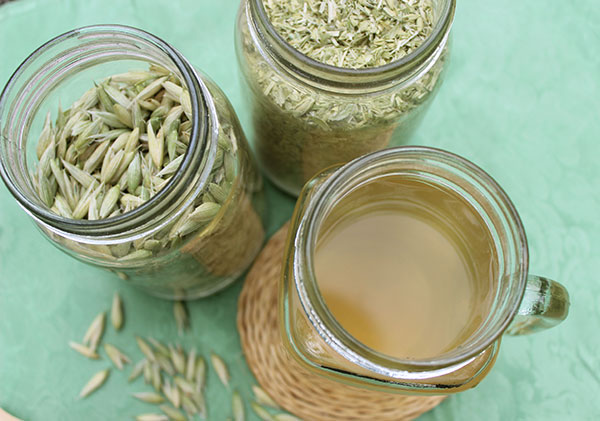
Both the stalk and the green milky tops of the oat species Avena sativa provide a nutritive herbal tea that is particularly rich in calcium, magnesium, chromium and silica. It is thus a commonly used ingredient in many bone building formulas. As a nervine, oatstraw is very calming to the nervous system, beneficial for nervous fatigue, adrenal exhaustion and has shown to be useful for improving cognitive performance. (Source)
Oat tops and oatstraw based teas are good for anxiety related depression, insomnia, heart palpitations associated with overwork or stress and provide a natural herbal aid for those recovering from excessive coffee or stimulant use. The milky plump oat tops consumed as a tea, can over time help to replenish the nervous system and renew energy levels.
Including oatstraw or tops in a daily nutritive tea blend acts as a mild aphrodisiac and can be a gentle way to increase libido and foster reproductive functions. The term "sowing one's wild oats" was believed to have come from this specific effect.
According to Starwest Botanicals, oatstraw contains proteins and the amino acids, arginine, histadine, leucine, lysine, phenylalanine and tryptophan with good amounts of beta-carotene, vitamin C, in addition to B vitamins like pyridoxine, folic acid, riboflavin, thiamine and niacin.
Avena sativa does not contain gluten but some people may be sensitive to its avenin protein content, which is common for those allergic to oats.
3) Horsetail
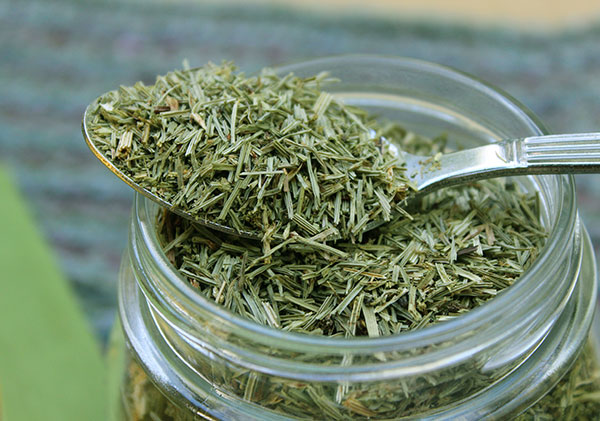
Horsetail (Equisetum arvense), also called shavegrass, is an ancient plant descendant that once grew as a tall growing forest canopy species millions of years ago. The common horsetail we know today is a low growing variety that has been used historically as a nutritive substance by herbalists throughout the ages.
Horsetail shoots, leaves or stems are a nutritionally dense source of silica, consisting of about 10% dry weight silica content. As stated in the journal Analytical and Bioanalytical Chemistry, "Horsetail (Equisetum spp.) is known as one of the strongest accumulators of silicon among higher terrestrial plants."
Supplementing the diet with horsetail tea infusions can help to remineralize and strengthen the bones, joints, ligaments, connective tissue and spine. Silica rich herbal teas are especially beneficial for repairing bones after breaks or fractures. The bone rebuilding process does take a period of time so you must maintain a daily supplementation protocol for it to be effective.
Horsetail plant additionally contains high amounts of selenium, which is a mineral needed for proper hair growth. Selenium is also an essential nutrient for the thyroid and the efficient synthesis of iodine, an attribute that likewise helps regulate the hair’s growth rate.
Used extensively in the cosmetics industry in skin care products and anti-wrinkle creams, horsetail is helpful for collagen formation and promotes healthy supple skin.
4) Alfalfa Leaf
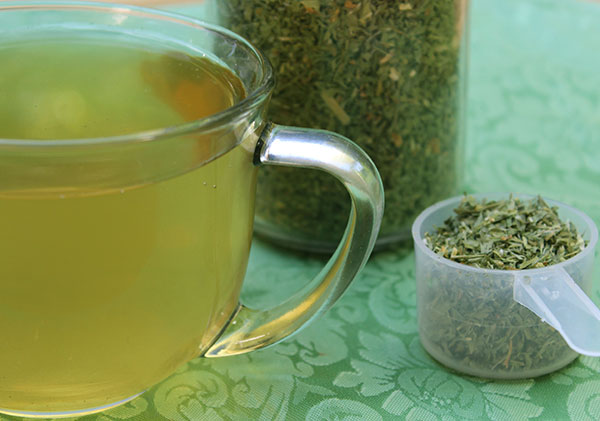
Grown since ancient times, alfalfa is an agriculturally efficient food crop highly utilized as a domesticated livestock food source for its concentrated phytonutrient content. It is also commonly cultivated as a cover crop for its nitrogen-fixing attributes and ability to improve soil fertility.
According to the Soil and Health Library and the "Root Habits of Alfalfa" chapter section, "Like the wild legumes of the grassland, alfalfa is deeply rooted." In the words of herbalist Dr. John Christopher, "The tap root of alfalfa can extend as much as 40-70 feet below the surface of the ground, picking up many minerals from deep within the earth." (Source)
Fresh and dried alfalfa leaf (Medicago sativa) is thus a highly nutritive plant material widely utilized by herbalists around the world in tea formulations for its replenishing nutritional properties that are known to provide strength and stamina for weak malnourished individuals.
Alfalfa teas are rich in amino acids, beta-carotene, vitamin C and B vitamins as well as the vitamins E, D and K. Additional trace minerals include calcium, magnesium, potassium, phosphorus, iron, zinc, copper, chromium, sodium and selenium. Alfalfa leaves also contain good amounts of silica content and are a source of a number of digestive enzymes beneficial for assimilating its high nutritive content.
It is important to keep in mind that alfalfa is a source of the dietary phytoestrogen called coumestan, which may or may not be appropriate to consume depending on your current health issues.
5) Red Clover Blossoms
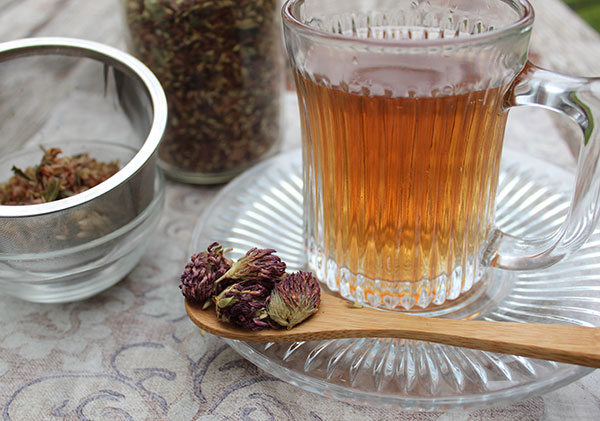
The red clover species (Trifolium pratense) is a perennial herb that has naturalized to many wild habitats worldwide. Consumed as a gentle cleansing tea in the spring season, red clover can offer many beneficial nutrients and antioxidant-rich compounds to your tea blends.
Prepared from fresh wild harvested blossoms, or as a dried herb, red clover is a nutritious plant known for its skin healing effects and blood purifying properties. The blossoms naturally contain anti-inflammatory components like eugenol, myricetin and salicylic acid, which offer pain relieving actions and usefulness as an analgesic.
Red clover tea consumption is often recommended to women going through menopause. In one study conducted, it was shown that "red clover isoflavone supplementation in postmenopausal women significantly decreased menopausal symptoms."
Like alfalfa, clover species, depending on dosage amount, can be a source of dietary phytoestogens and should be avoided by those with estrogen sensitive health disorders such as endometriosis, uterine fibroids, or breast and uterine cancers.
6) Raspberry Leaf
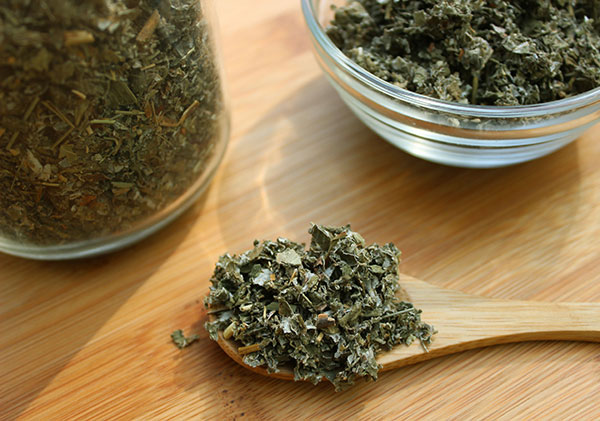
Red raspberry leaf tea (Rubus idaeus) is the quintessential herb for the reproductive system and the most popular one often prescribed to pregnant women as it tones the uterine muscles and is believed to ease labor pains. It is considered a safe and nourishing tea to drink before and during pregnancy as well as after childbirth for its restorative effects.
As a dried herb red raspberry has a light and fluffy texture and makes a pleasant tasting nutritive herbal tea that is abundant in vitamins and minerals. As a source of natural bioavailable chelated iron, the tea offers nutritional qualities for both men and women alike. It makes a great non-caffeinated, yet energizing, herbal ingredient in cold refreshing tea blends.
Leaf tea infusions also contain flavonoids, tannins, and elagic acid. In one study published in the Journal of Medicinal Foods, it states that "results obtained confirmed the biological activity of red raspberry leaf polyphenols and showed that this traditional plant can supplement the daily intake of valuable natural antioxidants, which exhibit beneficial health effects."
7) Chamomile Flowers
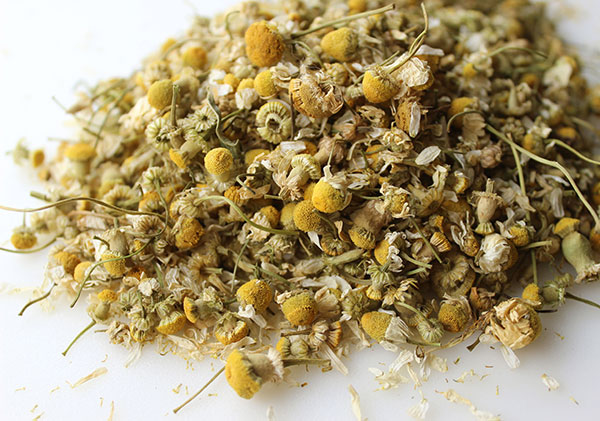
Chamomile tea is probably one of the most common herbs known throughout the world. Although frequently consumed as a fragrant, relaxing mood-uplifting cup of tea taken before bed as a nervine sleep inducer, chamomile can also be quite energizing when combined appropriately with other teas in nutritive herbal formulations.
Much of its effects on the nervous system are due to its high calcium content. Concentrated chamomile teas can provide an easily assimilated form of this important bone-building mineral.
Chamomile teas not only help to reduce stress but have been shown to be effective for anxiety related depression in some research.
Chamomile tea is typically made from fresh or dried chamomile flowers. The two main types of chamomile used to make tea are German chamomile (Matricaris retutica) and Roman chamomile (Chamaemelum nobile). Chamomile tea also exhibits mildly bitter qualities that are beneficial as digestive aids. The herb is a commonly used ingredient in "digestive bitters" for this reason.
Chamomile flowers contain terpenoids, flavonoids and are filled with volatile oils like azulene, a known anti-inflammatory responsible for the herbs effect at soothing achy joints and healing inflamed conditions.
How to Use
Prepared teas are great to have on hand to consume throughout the day, either warm or chilled.
A great way to begin working with nutritive herbal tea infusions is to start by drinking one herb at a time. This gives you a chance to really get to know each one, how it feels to you and what it tastes like.
When creating your own herbal teas you may also wish to use hot root herb decoctions as the liquid base instead of straight hot water. This will enable you to also utilize many of the Chinese tonics or Ayurvedic herbs that require different preparation methods.
Likewise, any other herbs or cleansing varieties that don't require simmering can be added to your nutritive herbal recipes.
For those of you who are not particularly tea drinkers, prepared infusions can be easily added as a base to shakes, smoothies and soups, as well as any other recipe when a liquid ingredient is required.
Powders, capsules, tablets, tinctured extracts are also available alternatives to making teas.
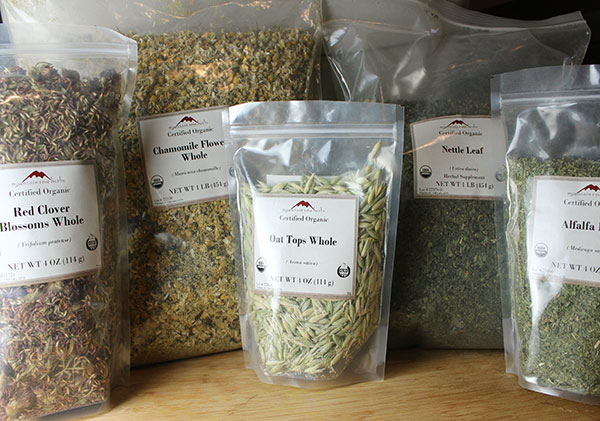 Mountain Rose Herbs is a paid sponsor of this website. The opinions expressed here are completely and organically our own.
Mountain Rose Herbs is a paid sponsor of this website. The opinions expressed here are completely and organically our own.Using High Quality Herbs
It is important to buy top quality organic herbs whenever you can. The fresher and more vibrant they are, the more vitality they offer you when consumed.
For serious tea makers, we recommend purchasing your dried herbs in bulk pound-size bags. This is not only more cost effective, it will also give you a good supply of herbs to use for a very long period of time.
Online companies, like Mountain Rose Herbs (our personal favorite), offers high quality organically grown herbs in bulk amounts.
Grow or Wildcraft Your Own Herbs
Some of the most nutritious herbal plant material is freshly harvested from your own garden or wild landscape. All of these nutritive herbs are usually easy to cultivate, help to beautify a garden space and can be very satisfying to pick fresh as nourishing plant medicinals.
Many of these herbs can be wild harvested if you happen to live in regions conductive to their growth. The most popular wild varieties common in many temperate climate zones around the world include nettles, oats, horsetail and red clover.
Precautions:
We recommend that you seek the advice of a qualified healthcare practitioner before using nutritive herbal teas on a regular basis, particularly if you are pregnant, nursing, taking prescription medications or have a serious medical condition.
Shop Related Products (About Affiliates & Amazon Associate Paid Links)
Affiliate Disclaimer: This section contains affiliate product links. If you make a purchase through one of our recommended links, we will receive a small commission at no additional cost to you. Thanks for the support!

